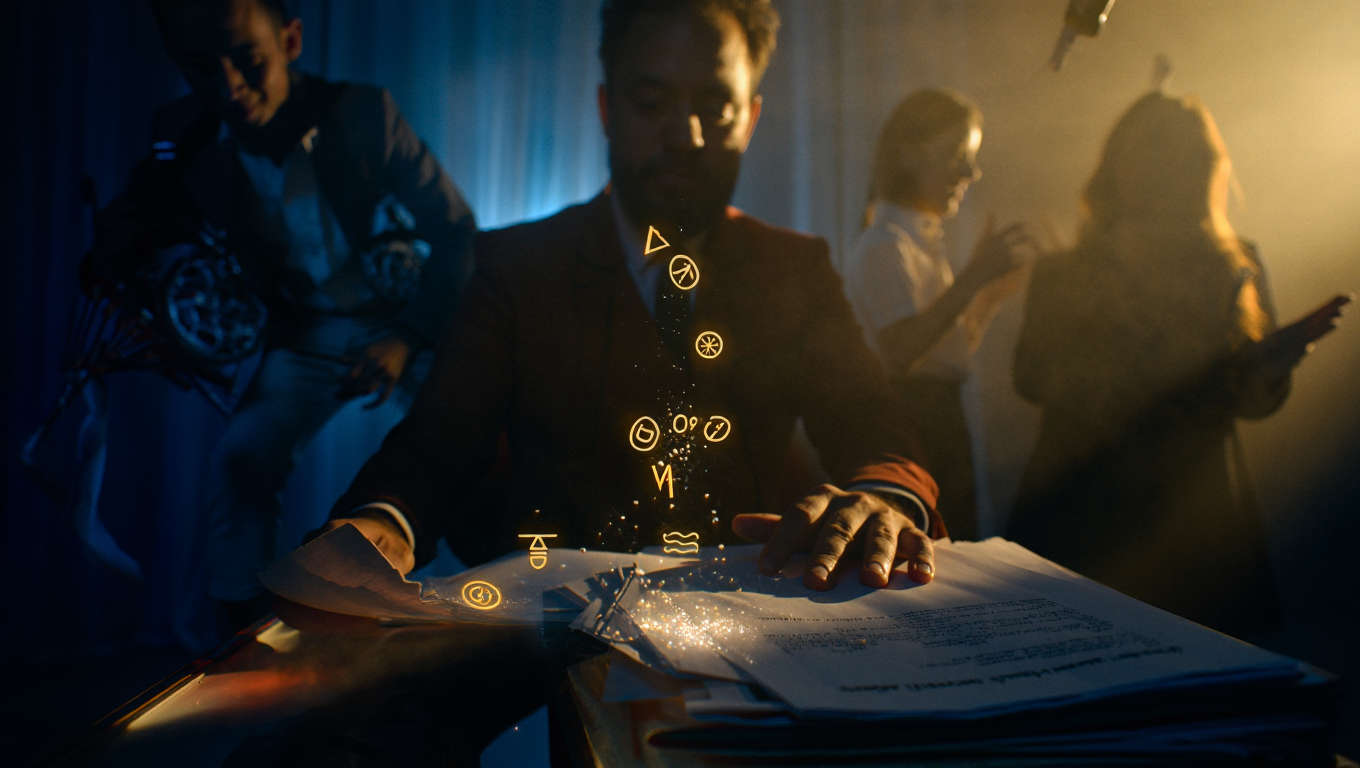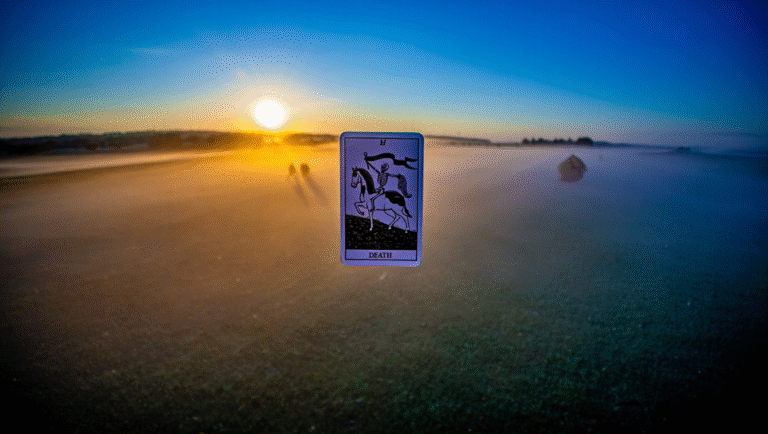Lessons from Astrocartography in My Life
Have you ever wondered if your location is helping—or hindering—your happiness, relationships, or even your career? That was me, three years ago: feeling stuck in a city that looked great on paper but somehow never felt like home. Enter: astrocartography. If you’re new to the concept, it’s a branch of astrology that maps your birth chart onto the world map, showing you where planetary energies are strongest for you. It sounds a bit out there, but stick with me—there’s a surprising amount of practical insight you can gain, even if you’re more of a skeptic (like me) than a starry-eyed mystic.
Context: Why Location Matters More Than You Think
We all know that where you live shapes your day-to-day life: commute times, cost of living, climate, culture. But what about those intangible feelings—like being “in your flow,” meeting the right people, or just feeling at home somewhere? I’d moved five times in seven years, chasing jobs and relationships, but never quite finding my place. A friend suggested astrocartography as a fun experiment. I figured, why not? Worst case, I’d have a good story to tell over coffee.
Case Study: My Move from Boston to Austin
After generating my astrocartography map (more on that below), I noticed that my Venus line—associated with harmony, relationships, and creativity—ran right through Austin, Texas. Boston, where I’d been living, was nowhere near any “positive” lines. I’d never even visited Austin, but with a remote job and nothing to lose, I booked a one-way ticket.
“I didn’t expect instant magic, but within a month in Austin, I felt more energized, made friends effortlessly, and even picked up a new creative hobby. Coincidence? Maybe. But it was a noticeable shift.”
Step-by-Step: How to Use Astrocartography in 15 Minutes
If you’re curious about trying astrocartography for yourself, here’s a quick guide to get started—no astrology degree required:
- Find your birth details. You’ll need your birth date, time (as close as possible), and location. Accuracy matters!
- Generate your astrocartography map. Use a free website like Astro.com or AstroSeek. Enter your birth details and generate the map.
-
Interpret your lines. Each planet’s line means something different:
- Sun: Confidence, vitality, visibility
- Moon: Emotions, comfort, family
- Venus: Love, beauty, creativity
- Mars: Drive, action, sometimes conflict
- Jupiter: Growth, luck, opportunity
- Saturn: Discipline, lessons, sometimes challenges
Tip: Most people look for Venus or Jupiter lines for positive experiences, but sometimes a Saturn line is great if you want to focus and build something long-term!
- Compare locations. See which lines run near cities you’re considering.
- Reality check. Always factor in practicalities: job market, cost of living, family ties, climate, visa rules. Astrocartography is a tool—not a magic ticket.
- Do a short trial. If you can, spend a week or two in a promising place before making a big move. Notice how you feel, how people respond, what opportunities come up.
Quick Astrocartography Checklist
- ☐ Gather birth details (date, time, place)
- ☐ Generate map on Astro.com or AstroSeek
- ☐ Identify positive lines (Venus, Jupiter, Sun)
- ☐ Research practical aspects of the city/region
- ☐ If possible, visit for a short stay
- ☐ Reflect: How do you feel? What changes?
Best Astrocartography Tools & Books for Beginners
| Name | Key feature | Format | Price range | Amazon link |
|---|---|---|---|---|
| The Art of Astrocartography by Jim Lewis | Classic guide from the creator | Paperback | $25–$40 | Check price on Amazon |
| Relocation Astrology by Ariel Guttman | Accessible, practical tips | Paperback/eBook | $15–$30 | See today’s deal |
| Astro.com | Free interactive maps | Website | Free | Try it here |
| AstroSeek | Modern, easy-to-use UI | Website | Free | Explore maps |
Pros & Cons: Is Astrocartography Right for You?
- Pros:
- Helps you think outside the box about relocation
- Can explain why some places feel “right” or “off”
- Fun conversation starter (seriously!)
- Pairs well with practical research (jobs, schools, etc.)
- Cons:
- Not a substitute for common sense or thorough planning
- Birth time accuracy is crucial—errors can mislead
- Interpretation can get technical (use good resources!)
- May not “work” for everyone—sometimes a move just needs time
Who Might Benefit Most?
- Remote workers or freelancers who can move easily
- People seeking a fresh start after a breakup or life change
- Creatives (artists, writers, musicians) looking for inspiration
- Anyone curious about how environment impacts well-being
My Honest Take: Does Astrocartography Really Work?
Here’s my honest experience: Astrocartography didn’t solve all my problems, but it nudged me to try a place I’d never considered. The result? I found a city where I genuinely thrived—and I met some of my best friends to date. Is it science? Not quite. But it’s a creative, insightful tool for self-reflection and planning. If you’re at a crossroads, it’s worth 15 minutes of your time. Just remember to pack your common sense along with your star map.
Want to Try It Out?
- Get your free map: Astro.com
- Book recommendations: The Art of Astrocartography or Relocation Astrology
- Need a professional reading? Try astrocartography.co for a session with an expert.
“Sometimes the right place makes all the difference. And sometimes, you just need a good excuse to try somewhere new.”
Some links may be affiliate. You pay the same price, and this blog may earn a small commission.







